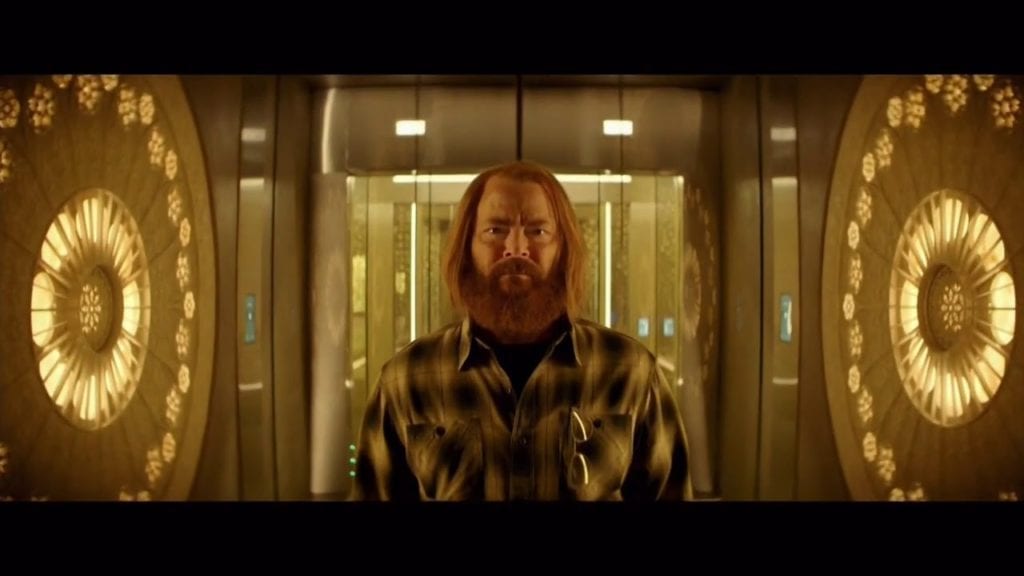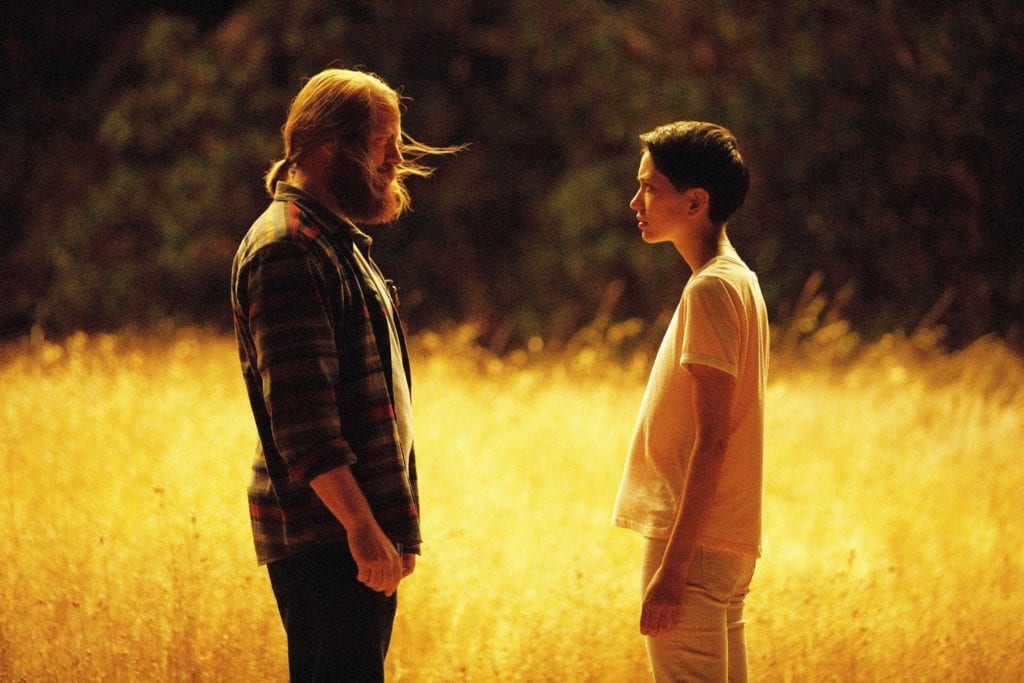Devs (2020)
FX
Season 1, Episodes 1-8
“Of course you were programmed, by nature or nurture, or both…”
–Ex Machina
In his film Ex Machina, one of the many themes writer/director Alex Garland examined was whether or not humanity, as a trait, could be programmed. Can you take what is essentially a code and give it autonomy? The way the film was designed left the answer intentionally ambiguous, as even by the end you’re not one hundred percent sure how much of the AI’s actions were predetermined, and how much was done of its own free will.
In that sense, Devs is a similar piece of Rorschach test media. The work asks a series of complex questions regarding mankind, free will, and to what degree we are responsible for our choices. It leaves some evidence hinting at one way or the other, but declines to give a full answer to any of them.
This ambiguity, which I found very compelling in Ex Machina, left me feeling a bit more apprehensive towards Devs. While the show has mysteries to spare, like the exact nature of the massive tech company Amaya, and what it is that the team Devs is exactly developing, they are second to the greater questions the series asks about human consciousness.
All of this is couched in very complicated dialogue with discussion about theories, multiverses, and the like, all delivered by its cast in a tone that is deliberately monotonous and emotionally suppressed.

This had the unfortunate side effect of muting my enjoyment of Devs.
The aforementioned dialogue is complicated by design. We’re not meant to fully understand what the characters are talking about, only that whatever the differences are between the De Brogile-Bohm theory of the universe and the Hugh Everett theory of the multiverse are, they’re strong enough that Amaya founder and CEO Forest (Nick Offerman) is furious when a programmer cracks a mystery using one theory as a starting point instead of another.
The complicated exposition wouldn’t be as much of a problem if Devs had a more compelling cast to follow, which, unfortunately, it does not. Some of the performances, like Offerman’s, are fine, if unspectacular. Devs’ main problem lies in how its characters interact. As mentioned, their dialogue is already very dense. Combine this with their opaque desires, and we have a series that features all the complexity of Mr. Robot without any of its more sterling qualities, like a protagonist as compelling as Rami Malek’s Elliot Alderson.
Admittedly, there is a great deal to admire about the series. The first, most noticeable feature is its cinematography. The bright and colorful hues, beautiful shots of nature, and the haunting darkness of the Amaya campus all combine to give Devs a beautifully distinctive look. The most striking shots feature the massive statue of Forest’s daughter, which towers over the trees of Amaya’s campus like a giant.

Devs’ existence on its own is miraculous. The fact that Alex Garland was able to create a slow-moving, philosophical series with complex themes and release it on a streaming channel owned by Disney is a wonder in and of itself. However, it’s unfortunate the series’ beautiful technical aspects are never matched by its characters, dialogue, or story. A compelling story exists in Devs. It’s unfortunate that our universe was not one where we could experience it.
